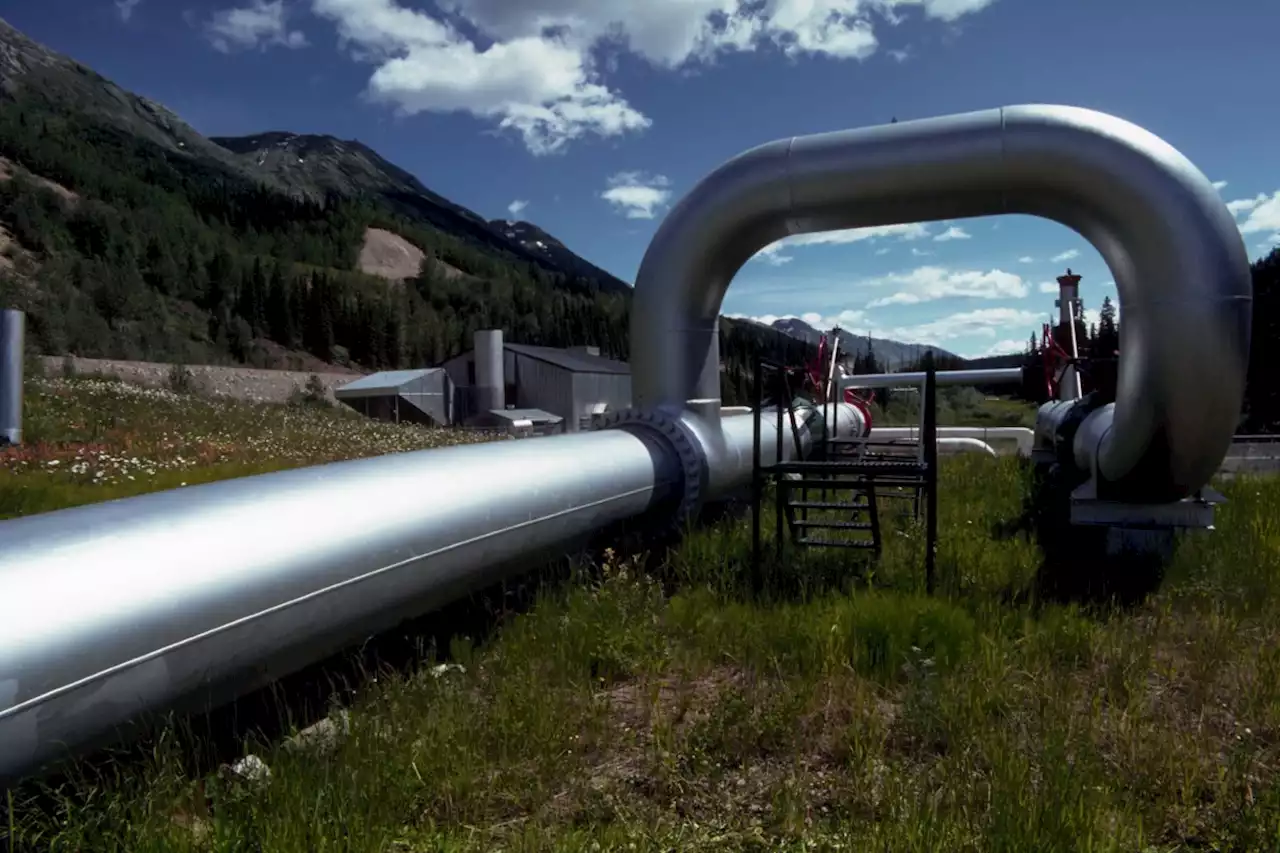Three years after starting construction on a gas pipeline in northern B.C., Calgary-based energy giant TC Energy has begun to drill and lay pipe under the Wedzin Kwa (Morice River) on Wet’suwet’en territory.
The river crossing, about 63 kilometres south of the town of Houston, has been the focal point of conflict between the pipeline company and Indigenous land defenders and their supporters, who argue the company did not receive Free, Prior and Informed Consent to build the Coastal GasLink project. In the fall of 2021, land defenders occupied the drill site for more than 50 days in an attempt to stop the company from drilling under the river.
The pipeline’s parent company, TC Energy, regularly notes it has agreements with 20 First Nations along the pipeline route. Those 20 First Nations are six Treaty 8 nations and 14 elected band councils. The latter have jurisdiction over federally designated reserve lands. Reserves represent just 0.4 per cent of all land in the province, according to the B.C. Treaty Commission.
The bands’ agreements with the pipeline company are confidential but elected councils also signed agreements with the province. Those documents are public. In return for an initial payout and the promise of more when the project is completed, councils were required to sign a clause effectively surrendering constitutionally protected rights.
“It’s long-term predictable income for the nation that's reliable,” Justin Napoleon, elected chief of Saulteau First Nations, told The Narwhal. “It's basically utility: if there's gas flowing, the pipeline's going to get its fees.” But for Robert Michell, elected chief of Stellat’en First Nation, signing an agreement with the pipeline company has not led to benefits that were originally promised.
“CGL is in the media quite a bit over spills and all the other stuff,” he continued. “None of those questions are really answered — you're always kind of pushed back to say, ‘Oh, our person that's looking after that particular section of pipeline, our native liaison person, will get back to you on that.’ ”Prior to colonization, Indigenous Peoples made decisions about land, water and communities through existing governance systems and laws.
There are six reserves on the territory: Hagwilget, Witset , Wet’suwet’en First Nation , Skin Tyee, Ts’il Kaz Koh and Nee-Tahi-Buhn. Together, the six reserves account for 35 square kilometres of Wet’suwet’en territory. “In my case, as a council member of Hagwilget village I'm not just functioning as a councillor, I still belong to a house group, a wilp,” Stoeppler said. “That makes it very complicated and also very easy at the same time.”
